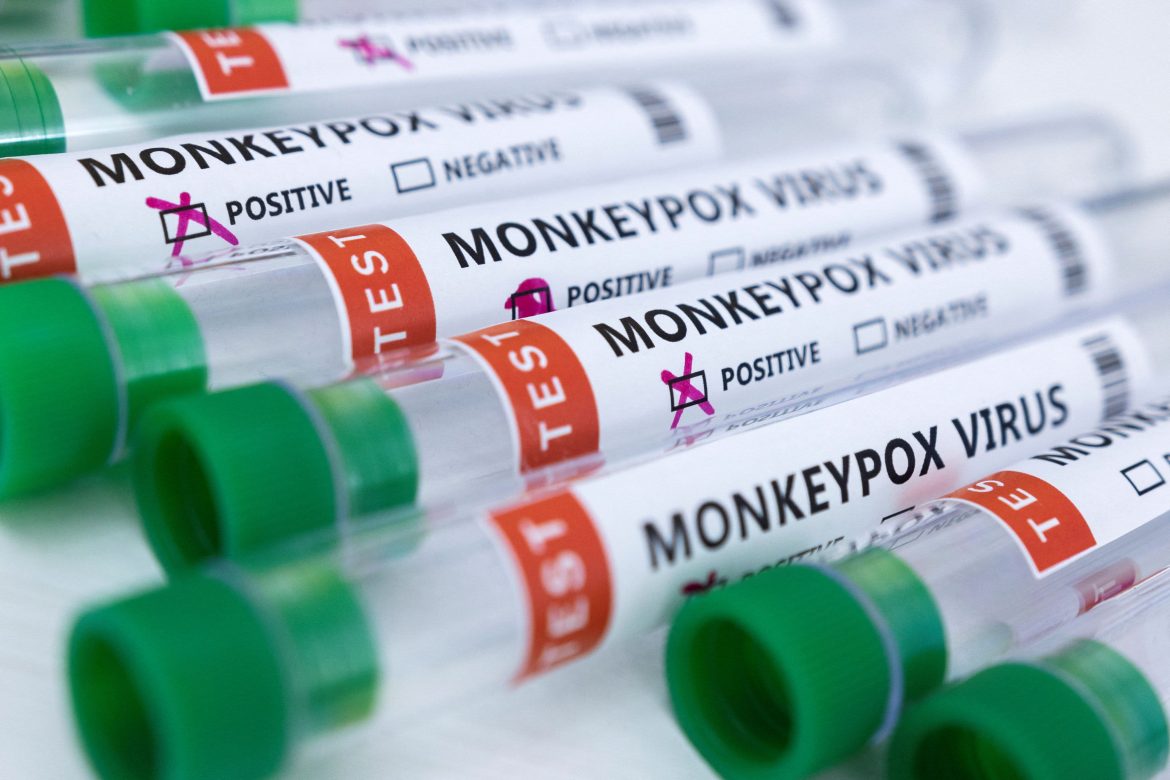The first Indian elected as Regional Director of the World Health Organization’s South-East Asia Region expressed concern over the rapidly spreading cases of monkeypox, but noted that since cases are concentrated among men who have sex with men, further spread of the disease could be stopped with targeted efforts among the at-risk population.
“It is really concerning that monkeypox is spreading quickly to many nations that have never previously experienced it. With targeted efforts among the at-risk population, the disease can be stopped from spreading further as cases are concentrated among males who have sex with other men “In a statement, WHO Regional Director Dr. Poonam Khetrapal Singh said.
Monkeypox has been deemed a public health emergency of worldwide significance, and the World Health Organization has called on nations in the South-East Asia Region to step up surveillance and public health measures.
Also Read: Delhi reported city’s first case of monkeypox without any prior travel history
Monkeypox has been deemed a public health emergency by WHO as of yesterday.
World Health Organization Director-General Tedros Adhanom Ghebreyesus declared on Saturday that the global monkeypox outbreak “represents a public health emergency of international significance.”
In 75 countries, including three in India and one in Thailand, more than 16000 cases of monkeypox have been documented.
While an international resident of Thailand has been verified to have monkeypox, the cases in India are among citizens who have recently returned from the Middle East.
The World Health Organization urged South-East Asian nations on Sunday to increase public health and surveillance efforts for
The regional director stressed the need for sensitive, anti-stigma, and anti-discriminatory initiatives and actions.
“Monkeypox is a moderate concern both internationally and in the Region, but it does have the potential to move further abroad. In addition, there are still a lot of questions about the virus. In order to stop the further spread of monkeypox, we must be vigilant and ready to take immediate action “Dr. Singh continued.
Since the outbreak’s inception, WHO has assisted nations in assessing risk, launching public health initiatives, and establishing and enabling testing capacities throughout the Region.
The Regional Director listed several important measures that need to be scaled-up, including involving and safeguarding the affected communities, stepping up surveillance and public health initiatives, enhancing clinical management and infection prevention and control in hospitals and clinics, and speeding up research into the use of vaccines, therapeutics, and other tools.
Direct/Indirect contact can spread Monkeypox
Direct or indirect contact between infected animals and people can spread the monkeypox virus. Direct skin-to-skin, skin-to-skin, and respiratory droplet contact with infectious skin or lesions can result in human-to-human transmission. Transmission appears to be predominantly through close physical contact, including sexual contact, in the areas where the current outbreak is happening as well as among the cases of monkeypox that have been documented.
Additionally, contaminated items with infectious skin particles, like linens, mattresses, electronics, and clothing, can spread the disease.
Follow Medically Speaking on Twitter Instagram Facebook

